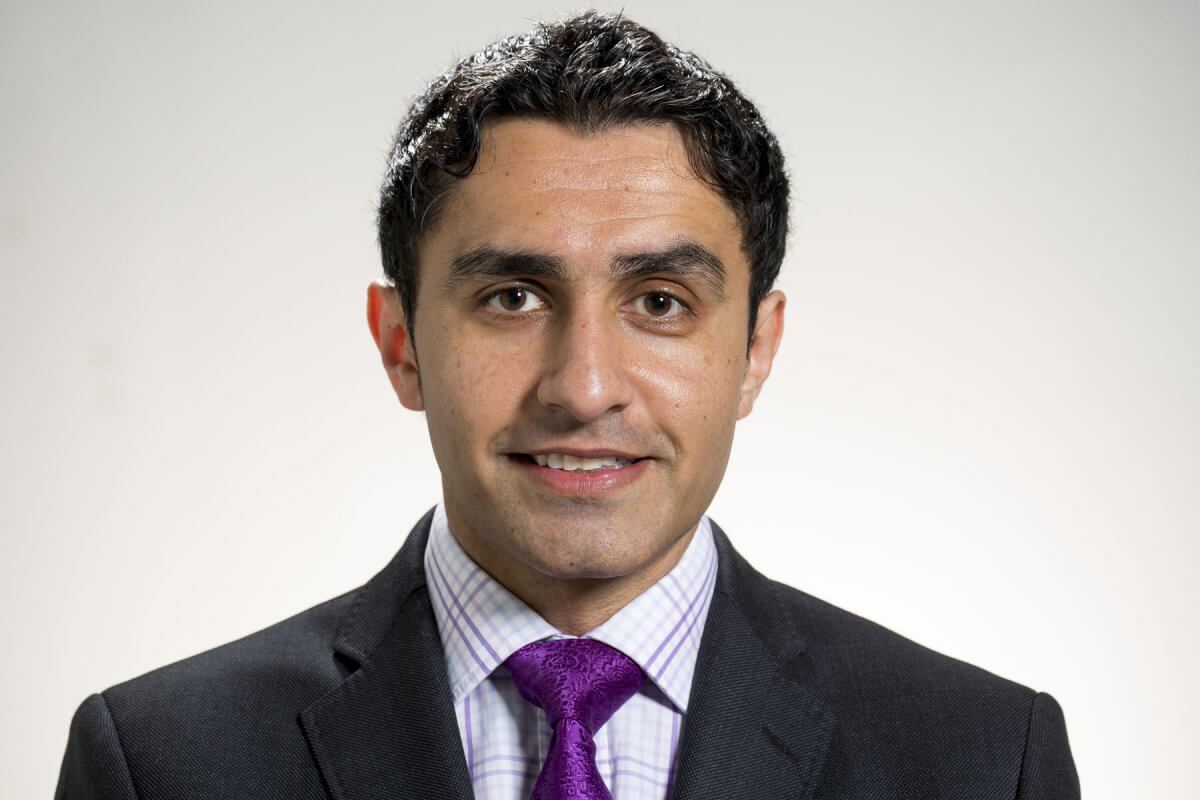
Q: What is chronic rhinosinusitis?
Chronic rhinosinusitis is a very common debilitating disorder in which the sinuses (cavities around nasal passages) become inflamed and swollen for at least 12 weeks, despite being treated. The symptoms include a combination of nasal obstruction/congestion, nasal discharge (post-nasal drip or a general runny nose), facial discomfort (pain or pressure) and reduction of the sense of smell.
Q: Is there an allergy component?
Symptoms of sneezing, itchy or watery eyes and watery rhinorrhea with itchy nose sensation all point to an allergy association. You will benefit from allergy testing to check which allergens you are sensitive to, and can ultimately try to avoid contact with.
Q: What does my doctor look for on examination?
Essentially there will be swollen and inflamed nasal lining and mucosa with enlarged and swollen structures on both sides of the nose called inferior turbinates. There may also be the presence of polyps (see below) or puss within the nasal passages.
Q: What is a nasal polyp?
Nasal polyps are swellings that generally originate further up in the nasal cavity within an area of our nose where all our sinuses drain and stay clear. Nasal polyps advance generally advance down towards the opening of the nostrils. They are relatively painless but due to their size, they can cause problems with nasal breathing, reduction in sense of smell and pressure sensation over the nose.
Q: Are there any worrying or urgent red flag symptoms?
Patients with one-sided unilateral symptoms of nasal bleeding, crusting or an unpleasant odour, require an immediate referral to an ENT Specialist for urgent investigation and intervention. In addition, associated eye and orbital symptoms of eye swelling, red discolouration of the skin over the eyes, visual disturbance, reduced or painful eye movements require urgent assessment. Furthermore, associated neurological symptoms of a severe headache and reduced conscious levels requires urgent assessment.
Q: What treatment will I be started on?
This will involve a topical nasal steroid spray and nasal saline irrigation. If symptoms have improved then continue treatment. Steroid sprays have very little content that will be absorbed by the rest of the body and can hence be very safely used in younger children. However, if symptoms remain persistent for over 8 weeks then you will be referred to an ENT Specialist as you may require more advanced or even surgical intervention. There is well-documented evidence supporting better long-term outcome with early surgical intervention.
Q: What does surgery involve?
The ENT specialist will organise a CT scan of your sinuses and perform day-case functional endoscopic sinus surgery to help ventilation of the paranasal sinuses, should medical therapy fail to control or improve symptoms, and other appropriate nasal surgery including straightening a deviated internal nasal septum.
This article is for information only and should not be used for the diagnosis or treatment of medical conditions. myHealthSpecialist makes no representations as to the accuracy or completeness of any of the information in this article or found by following any link from this article. Please consult a doctor or other healthcare professional for medical advice.
